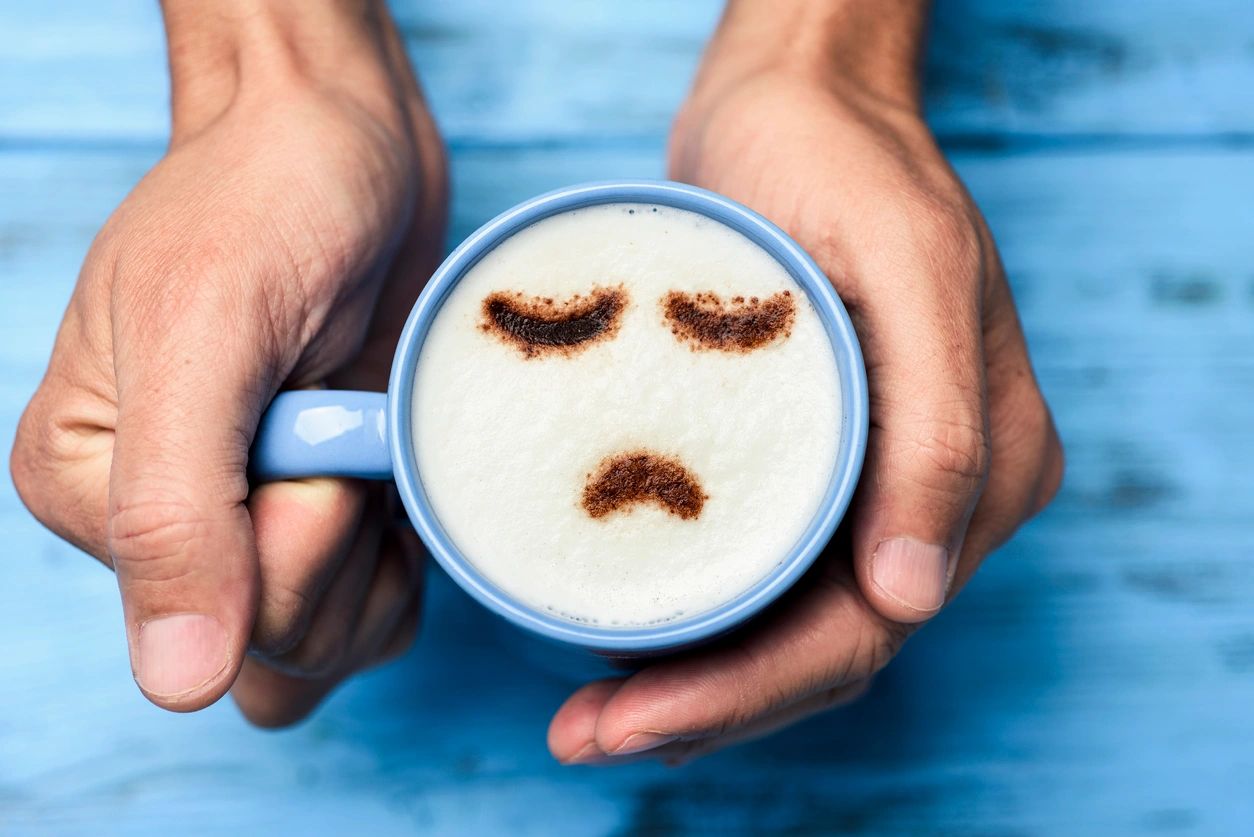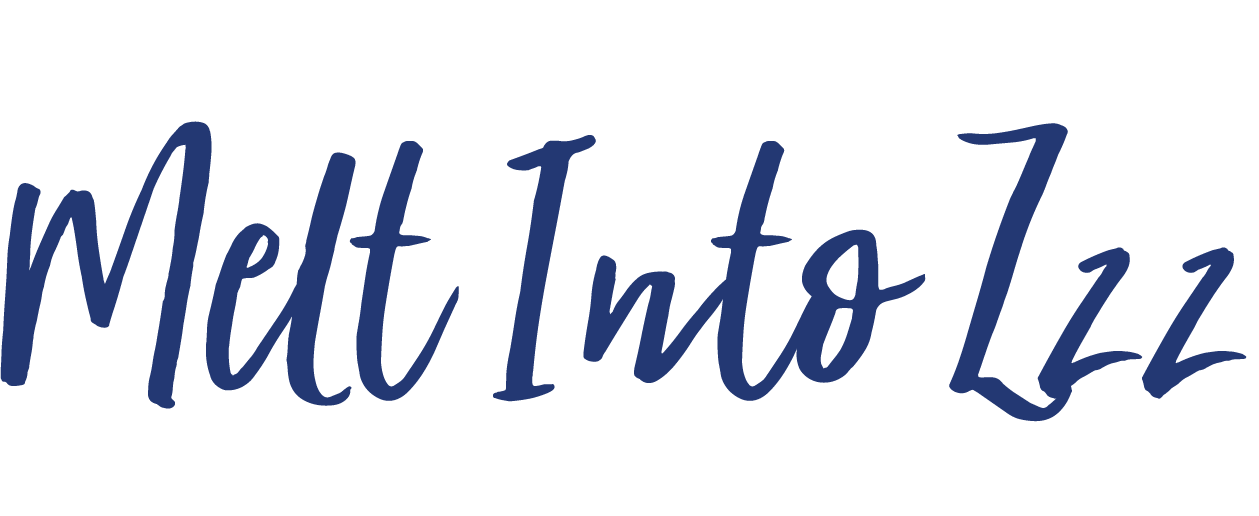How Did You Last Night?



Did you wake rested, ready to take on the day or, did you have fitful sleep that made it seem like you hadn't been to sleep at all? Can you relate to any of these symptoms?
INSOMNIA
Insomnia is a common condition in which it is difficult to fall asleep or stay asleep. Insomnia can be caused or worsened by a variety of circumstances, such as depression, poor sleep hygiene, chronic illnesses, lack of exercise, and some medications. Like all sleep disorders, a proper diagnosis first is key to treatment.
SLEEP-RELATED MOVEMENT DISORDERS
Sleep-related movement disorders are caused by voluntary or involuntary physical movements that happen when a person is asleep or resting. These disorders can result in insomnia or extreme fatigue. One of the most well-known and common of these disorders is Restless Leg Syndrome.
CIRCADIAN RHYTHM DISORDERS
Circadian Rhythm disorders happen when the natural “sleep-wake cycle” is out of alignment with circumstances and the environment. There are different types of this disorder and all can interfere with activities of daily living.
PARASOMNIA DISORDERS
Parasomnia disorder occurs when a person is aroused from either the REM (rapid eye movement) phase or non-REM phase of sleep but does not fully awaken. These disorders can present in a number of ways, such as sleep terrors, sleepwalking, talking while asleep, or acting out of dreams.
Sleep deprivation's effects on the brain
Sleep is incredibly important for a variety of brain functions. We know that sleep plays an important role in memory consolidation, particularly during rapid eye movement (REM) sleep. Sleep also helps get rid of harmful toxins that are present in the brain, such as beta-amyloid, a protein that plays a role in Alzheimer's disease.
If that's not enough, many aspects of executive functioning, such as working memory, can malfunction when drowsy. Many falsely believe that the body can become accustomed to sleep deprivation over time. However studies show that with chronic sleep deprivation, the brain's ability to maintain attention and focus continues to decline the longer someone is sleep deprived without any evidence that this dysfunction plateaus over time. For young children, sleep deprivation can even mimic the symptoms of attention deficit and hyperactivity disorder (ADHD).

-
Hippie Love
$20.00 – $25.00 Select options This product has multiple variants. The options may be chosen on the product page
Roll on or Diffuser Blend



